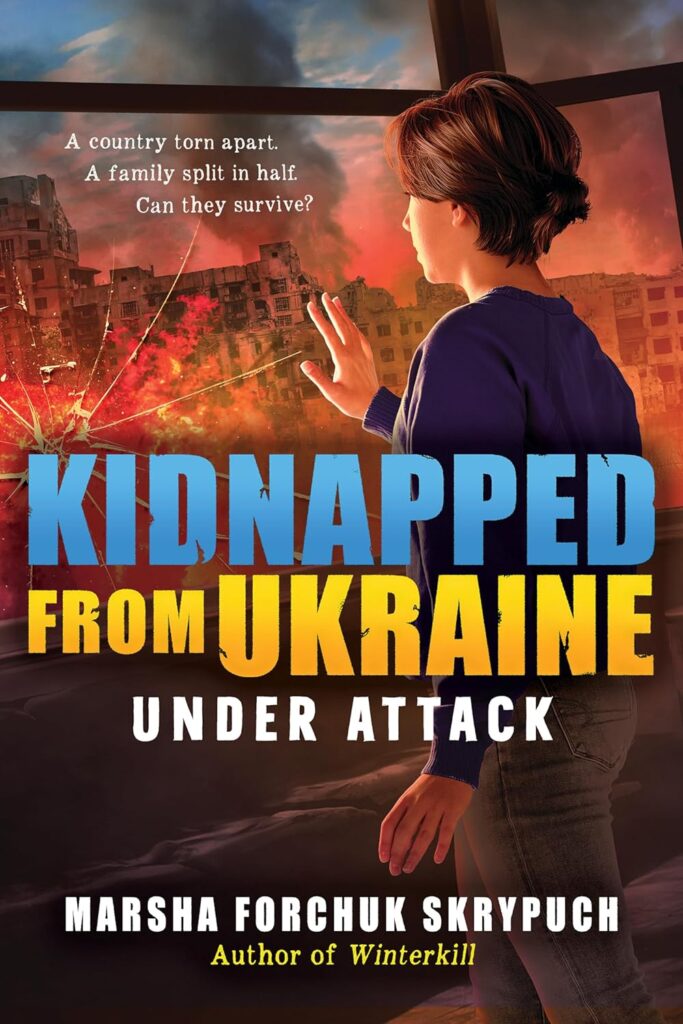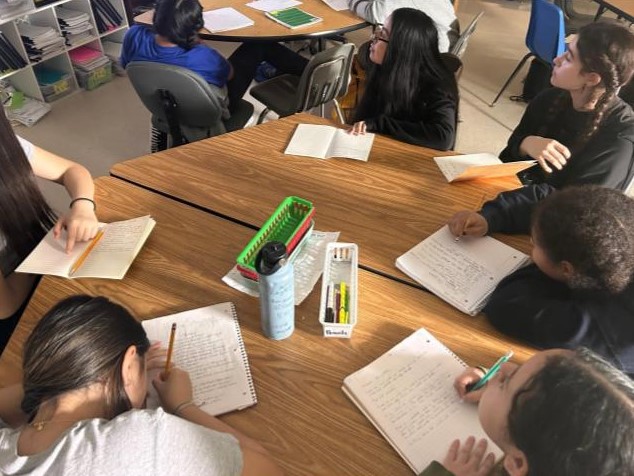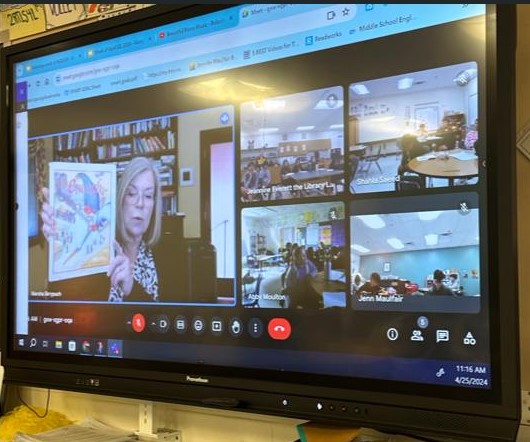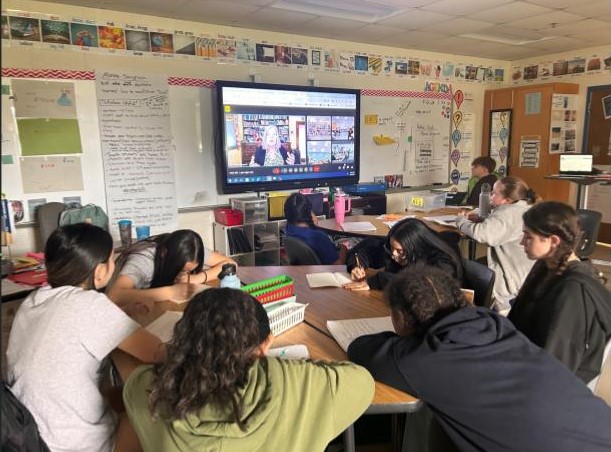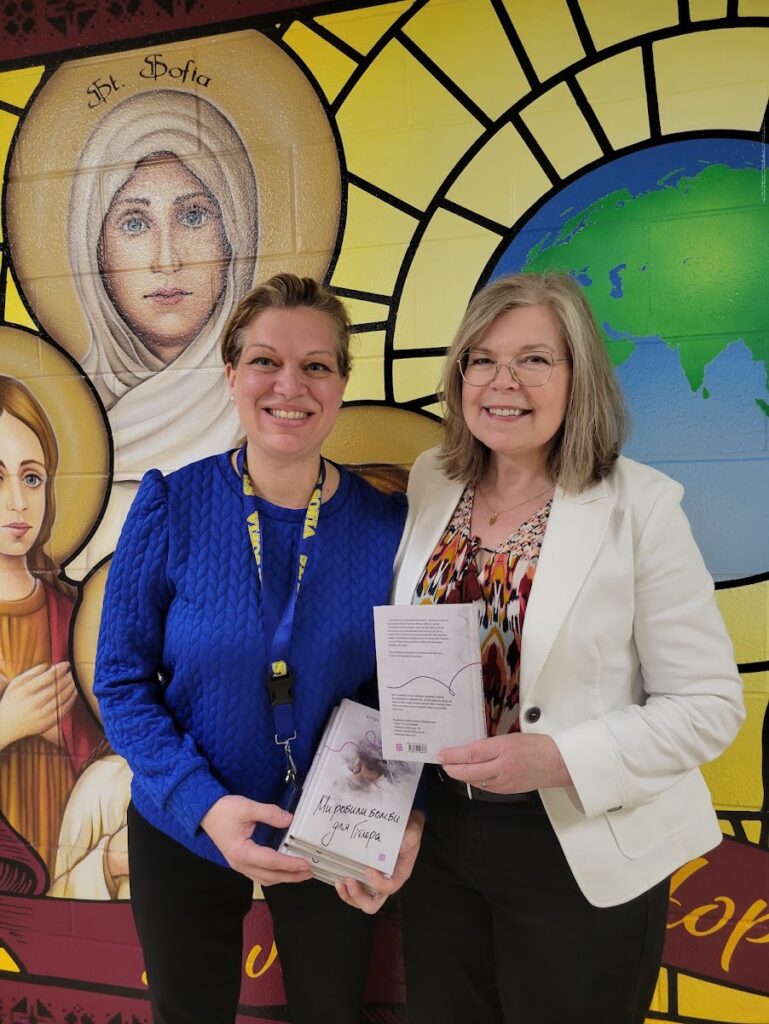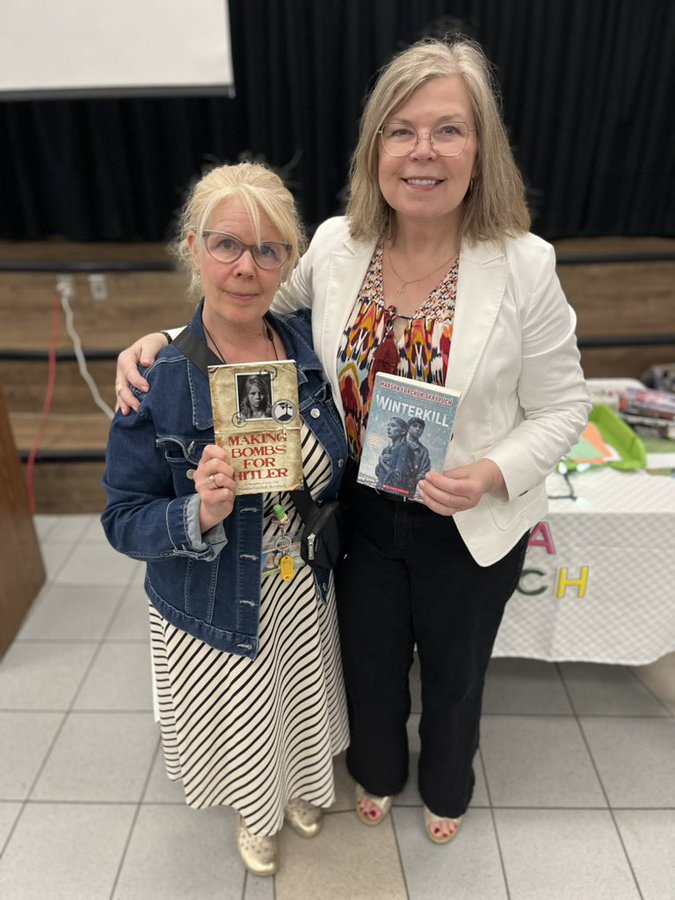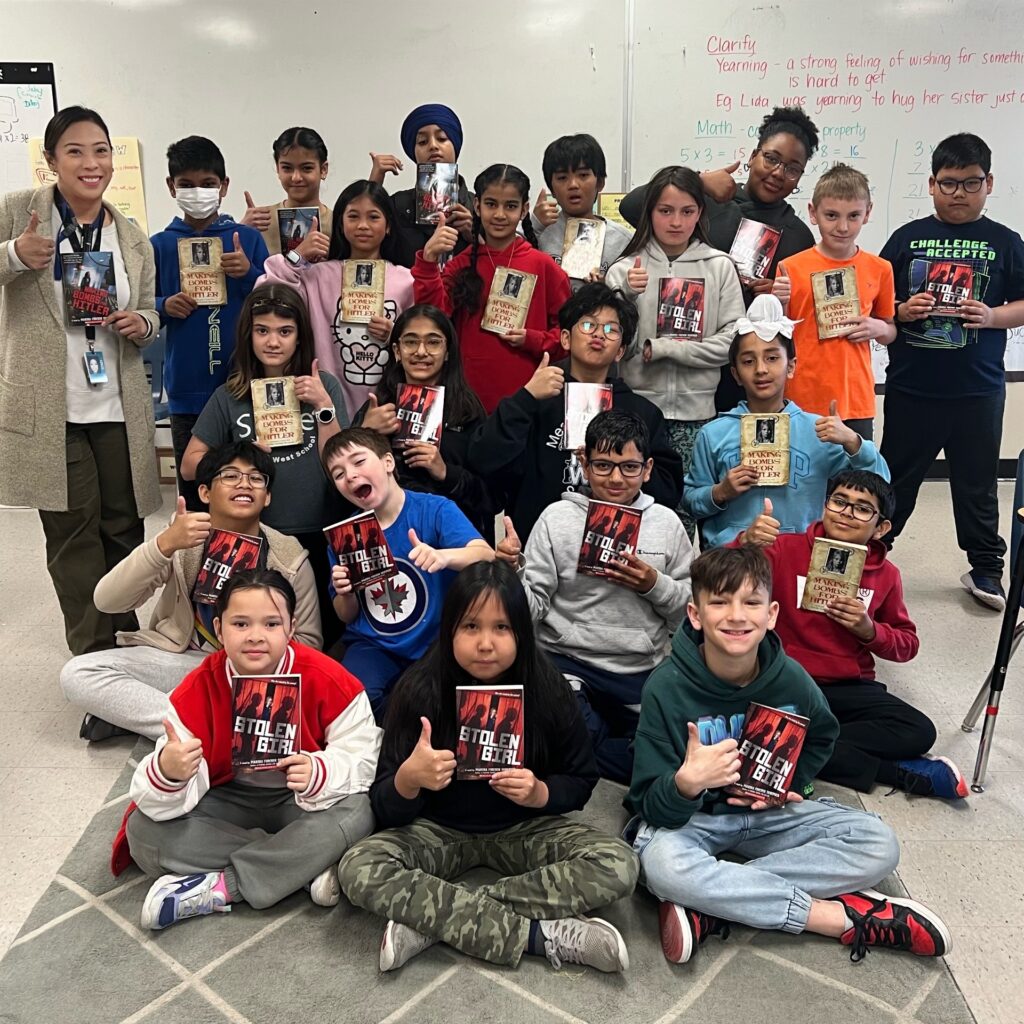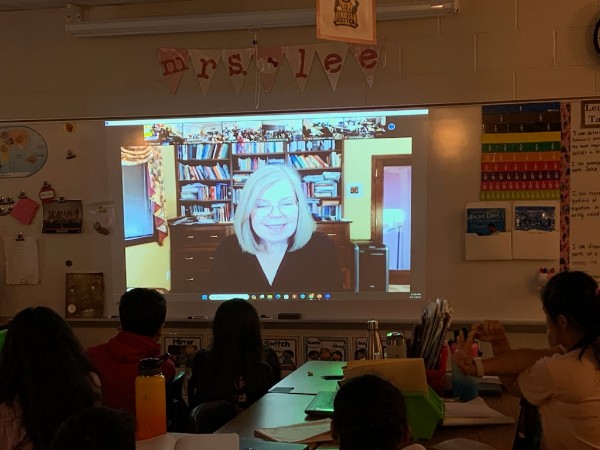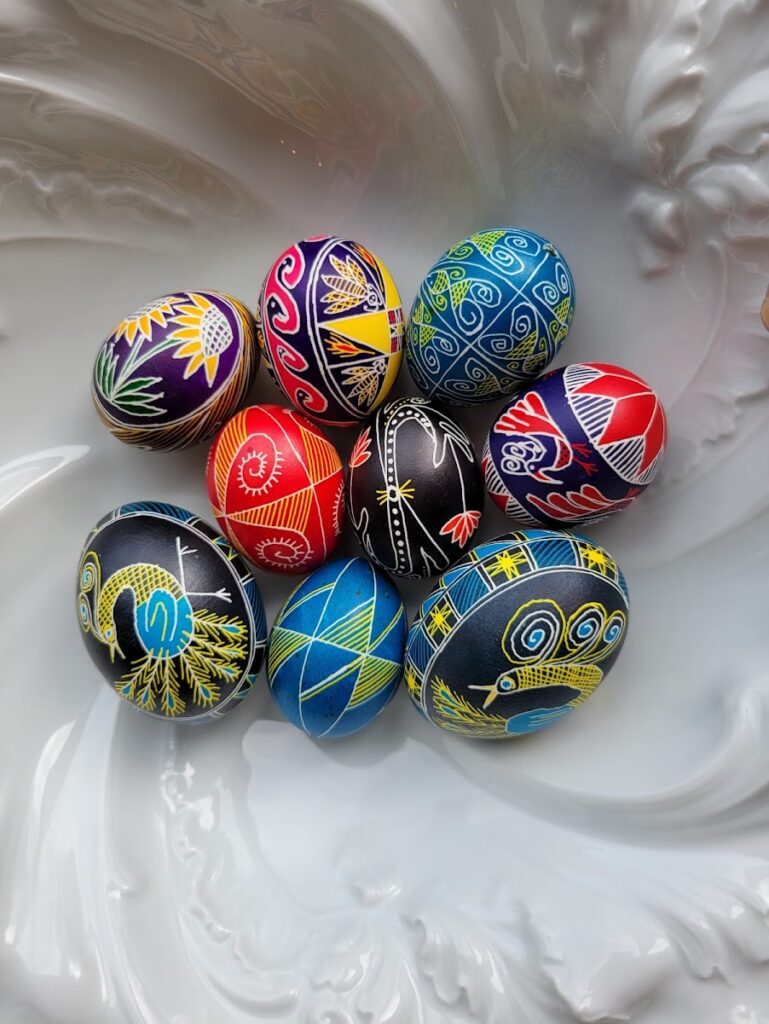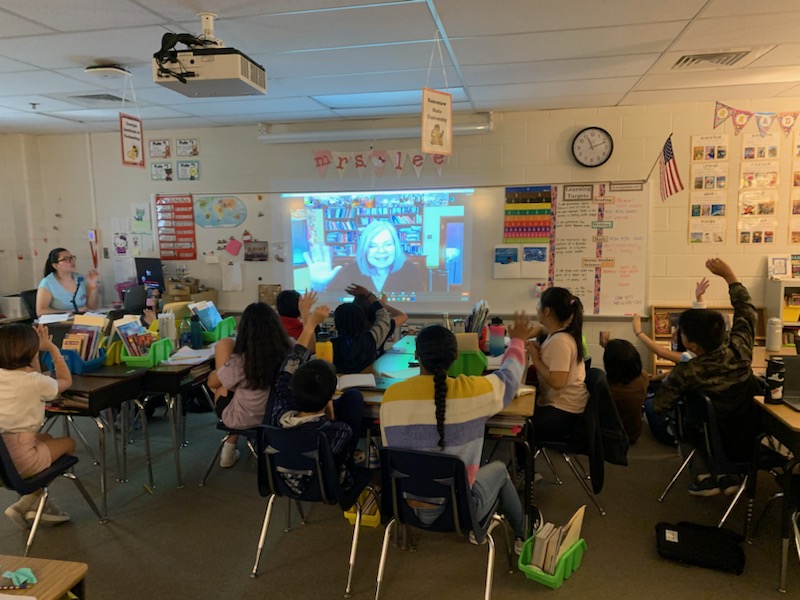
Jennifer Jill Araya, voice actor
David Swerdloff, co-producer Local contact:
Professional Audiobook Narrators Association
(954) 786-1272
For immediate release
Audiobook narrators launch audio anthology in support of Ukrainian artists impacted by war.
NEW YORK, NY – April 8, 2024
Artists in Ukraine have lost their livelihoods. The Ukraine Audiobook Relief Project was launched to support artists in Ukraine whose lives are threatened because of war.
It is a fundamental aspect of war to suppress story, language and the arts. Artists in Ukraine have lost their homes, their studios, their galleries, their communities, their livelihoods as a result of the war. Moved by this crisis of culture, members of PANA (the Professional Audiobook Narrators Association) created A Word Is Not A Sparrow, an audiobook anthology to raise money in support for artists living through war. The audiobook releases globally June 11 and will be available in CD as well as digital download formats.
Volunteer professional narrators, writers, and musicians have donated their creative work, and all profits generated through the sale of this audiobook will be donated to the Artists at Risk Connection in Ukraine through PEN America, a non-profit organization that endeavors to safeguard the right to artistic freedom of expression and ensure that artists and cultural professionals everywhere can live and work without fear.
The folk wisdom of Ukraine includes this expression: “A word is not a sparrow…once it flies out, you won’t catch it.” A Word Is Not A Sparrow is a diverse anthology of stories set amid Russian repression through the centuries; personal narrator testimony about the impact in America of immigrant grandparents from Ukraine and elsewhere; powerful fables and allegories that deliver universal messages about displacement, migration and human connection; and classic Cossack folk tales that are a touchstone of Ukrainian culture. Listen as we let these words fly out around the world.
Writers include Barry Abrams, Sholem Yankev Abramovitsh, Andrea Emmes and Karen Bogel, Vladislav Davidzon, Christopher Dewees, Thaisa Frank, Teresa Johnson, Alla Kudzieva, Taras Shevchenko, and Marsha Forchuk Skrypuch. Narrators include Barry Abrams, Jennifer Jill Araya, Dave Arlington, Rosemary Benson, Anna Crowe, Claudia Dunn, Andrea Emmes, Gary Furlong, Rebecca Gallagher, Caroline Hewitt, Susan Iannucci, Elizabeth Jasicki, Tom Jordan, Jennifer March, Janet Metzger, Rich Miller, Erin Moon, Sara Morsey, Traci Odom, Sheri Saginor and Tiffany Williams. Musical artists include Michael Nazaretz & the Samovar Russian Folk Ensemble, and Jeff Crompton, Roger French, and Kenny Raskin who have ties to Atlanta.
The Professional Audiobook Narrators Association champions the irreplaceable role of human narrators. In a world increasingly reliant on technology, PANA believes the human story is most powerfully told by human voices. Human narrators bring a depth of emotion, nuance, and lived experience that artificial intelligence simply cannot replicate. PANA is the only organization advocating for narrators in the public consciousness and leading the change we want to see in diversity, equity, and inclusion in the audiobook industry.

